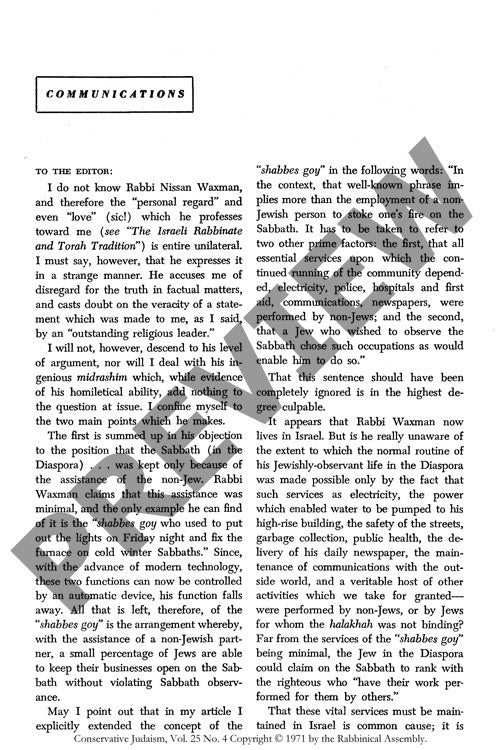Communications
Couldn't load pickup availability
Modern Israel's unique status as a Jewish state has created an unprecedented challenge: how to reconcile traditional Sabbath observance with the demands of running a modern nation. Religious authorities have struggled to adapt the concept of "shabbes goy" - traditionally limited to domestic assistance - to encompass essential state services like electricity, policing, and healthcare typically performed by non-Jews in diaspora communities. Through analysis of rabbinic responses and examination of halakhic literature, particularly the notable absence of Hilkhot Medinah (civil laws of the state) in the Shulchan Aruch, this research reveals a systematic failure by Israeli religious authorities to clearly define which essential services constitute pikuach nefesh (life-saving obligations). This gap leaves observant Jews without proper religious guidance for participating in state functions while maintaining religious observance. The investigation extends to evaluating the Conservative movement's spiritual status, arguing for preservation of traditional halakhic processes while maintaining organic unity with broader Jewish practice. The findings demonstrate that religious movements must balance individual freedom with communal religious continuity, while effective halakhic guidance requires both comprehensive research into scattered rabbinical sources and collaborative engagement between religious and secular authorities.

More Information
-
Physical Description
-
Publication Information
Published 1971
ISBN
-
Publication Credits

